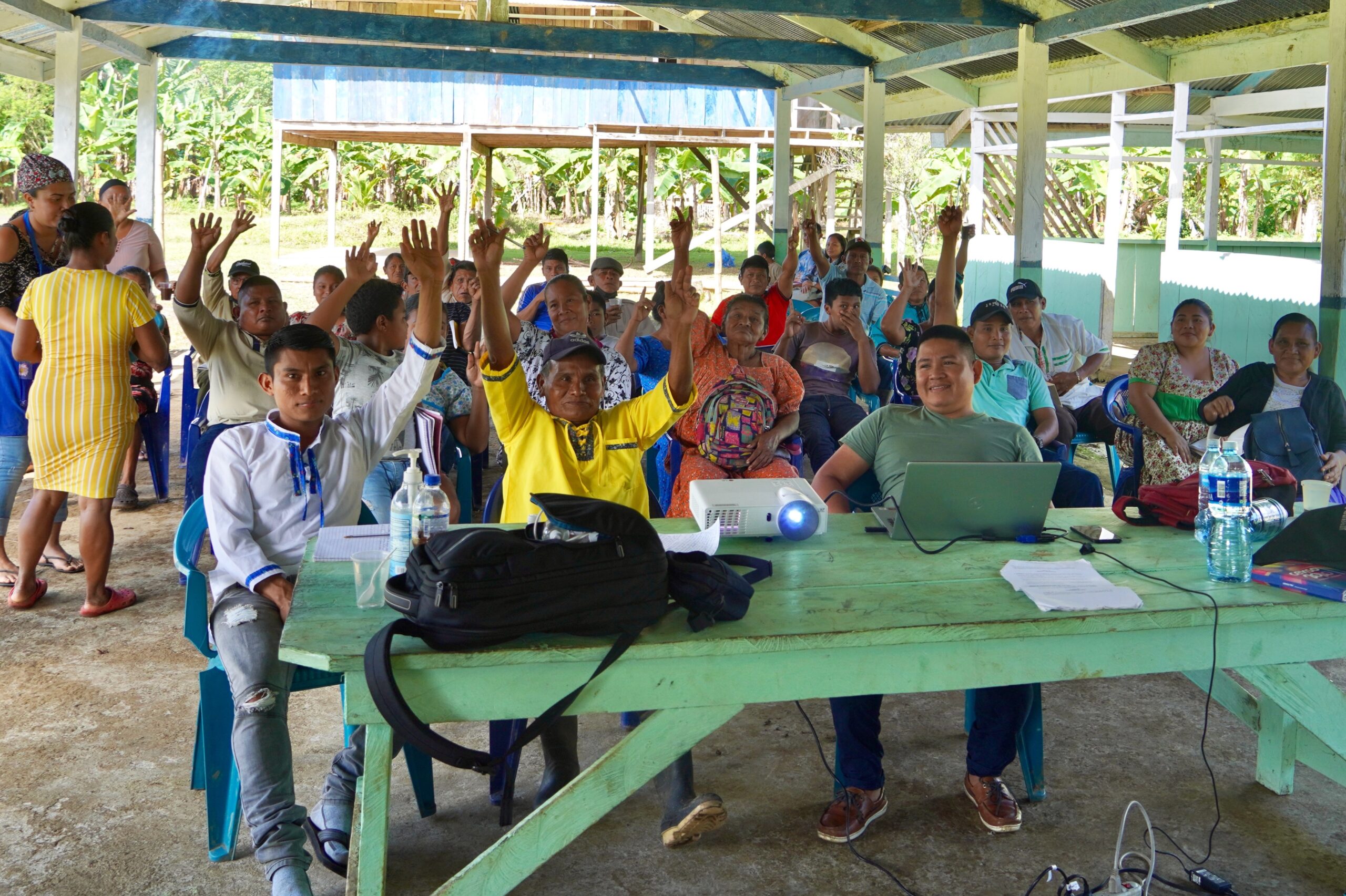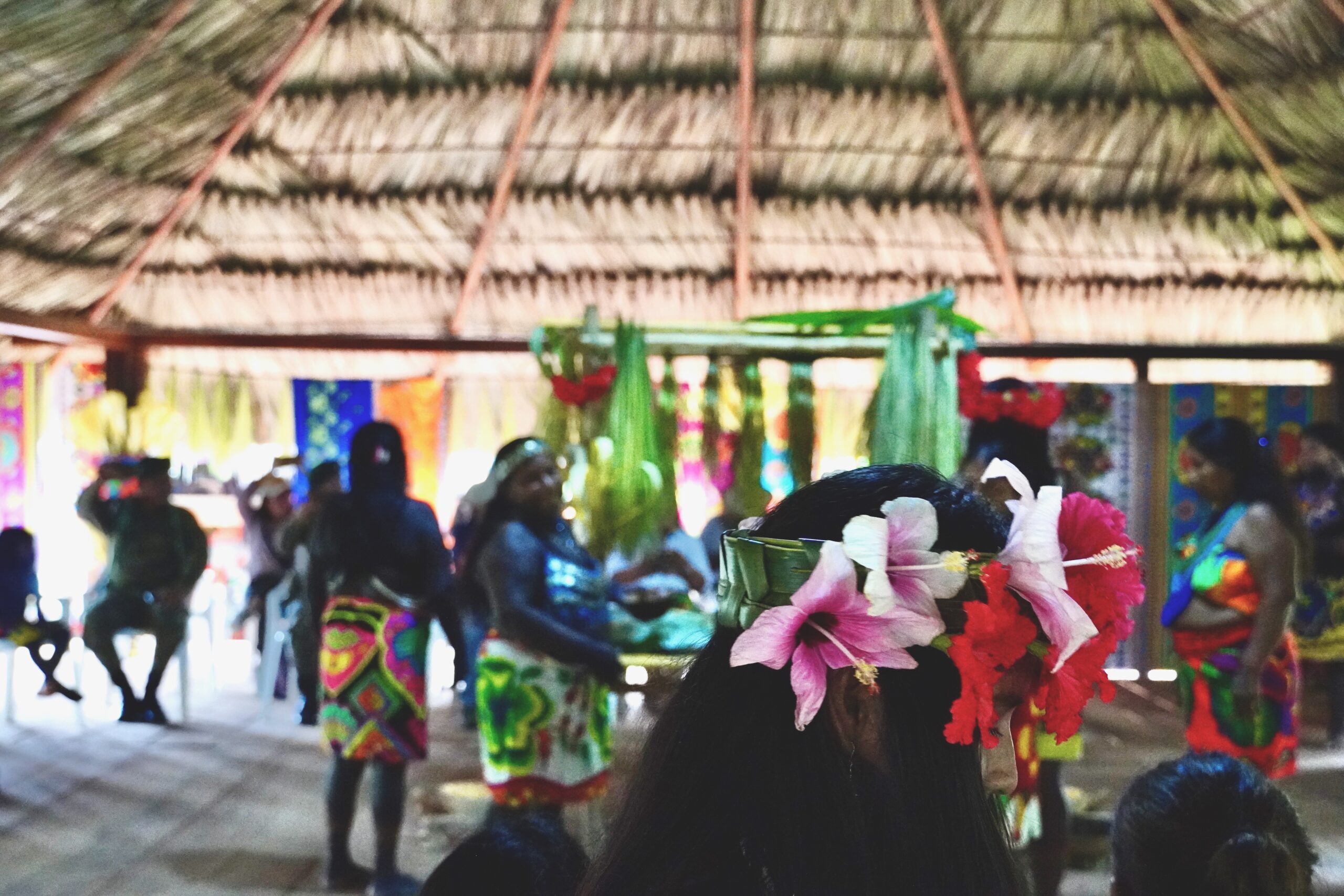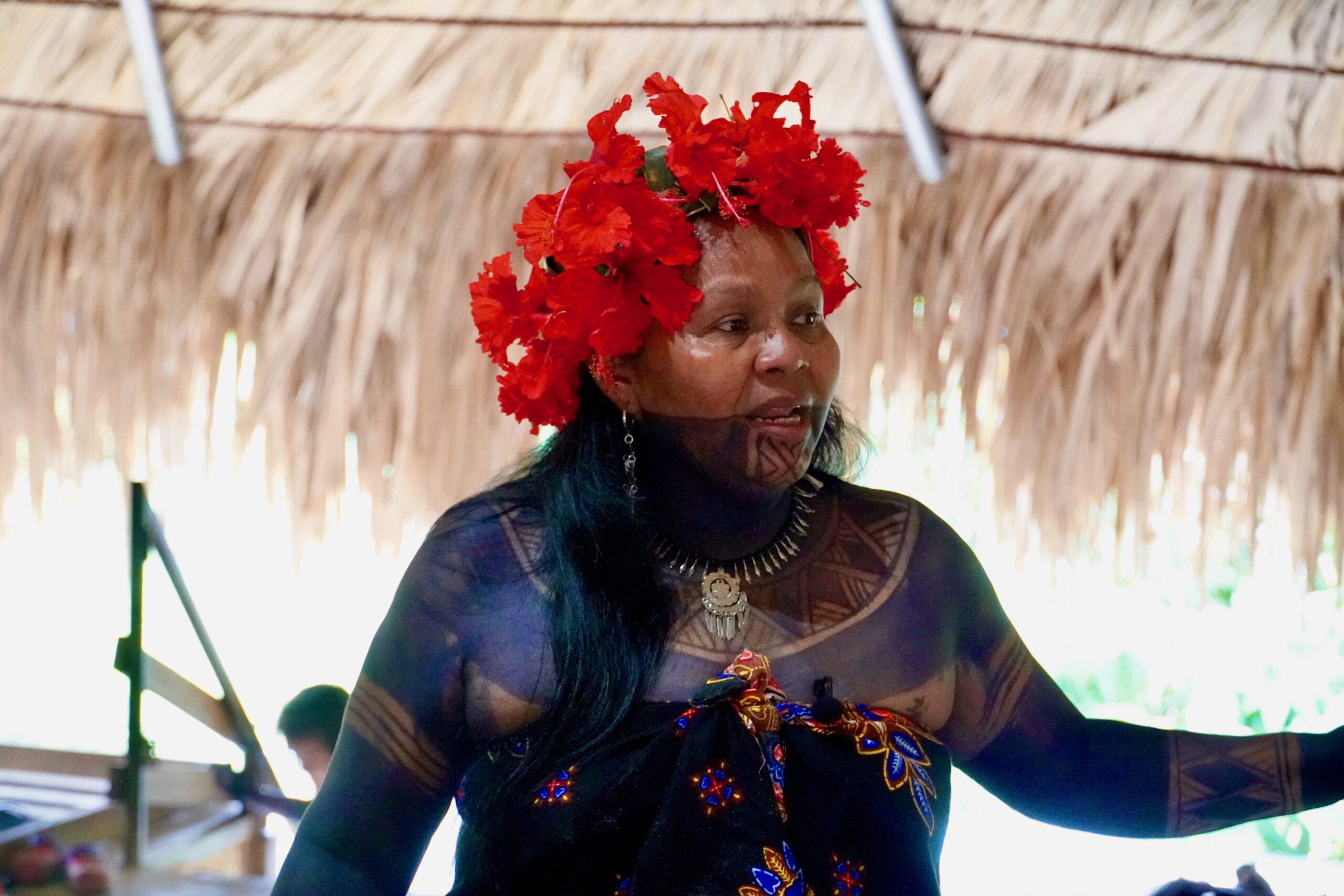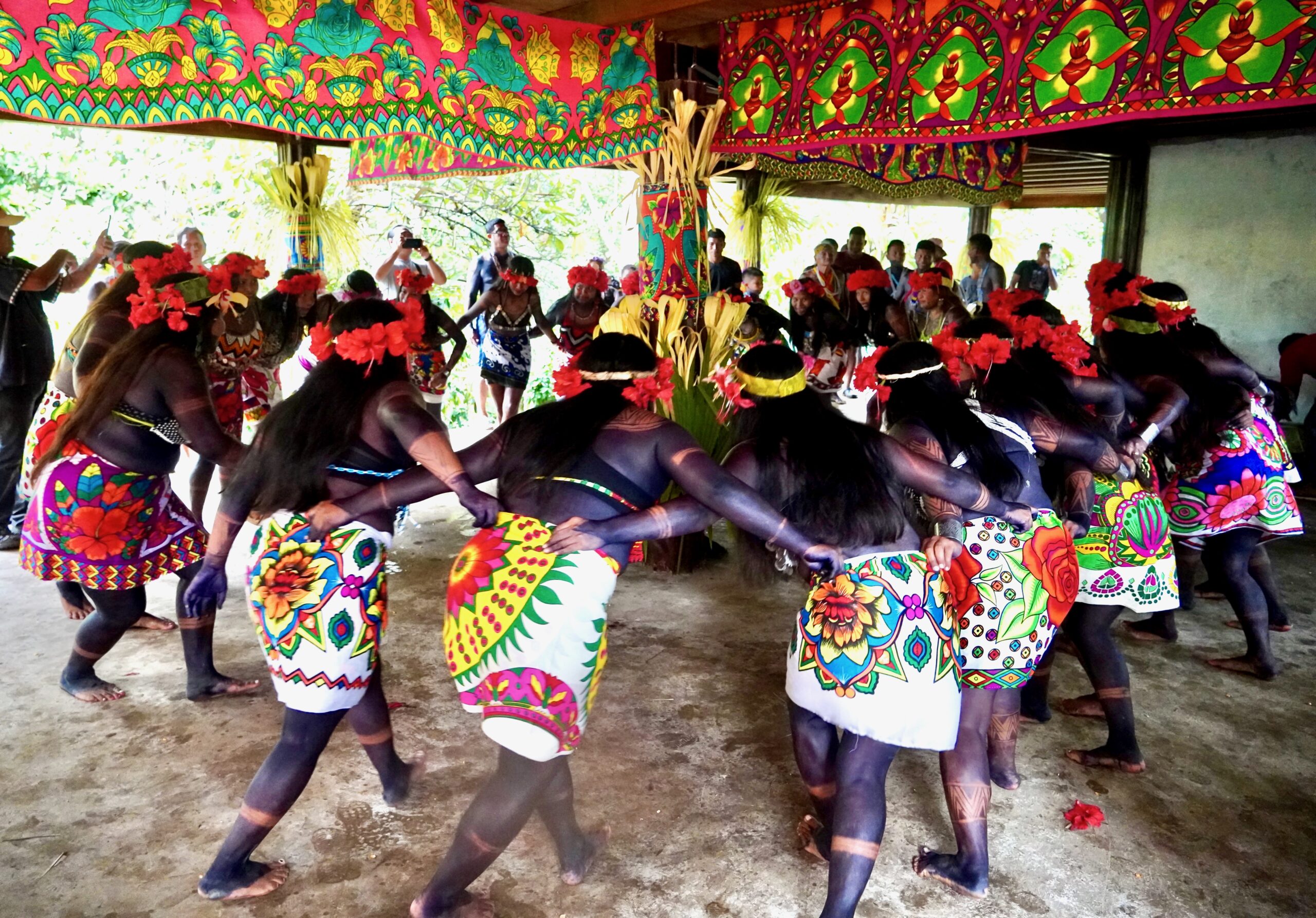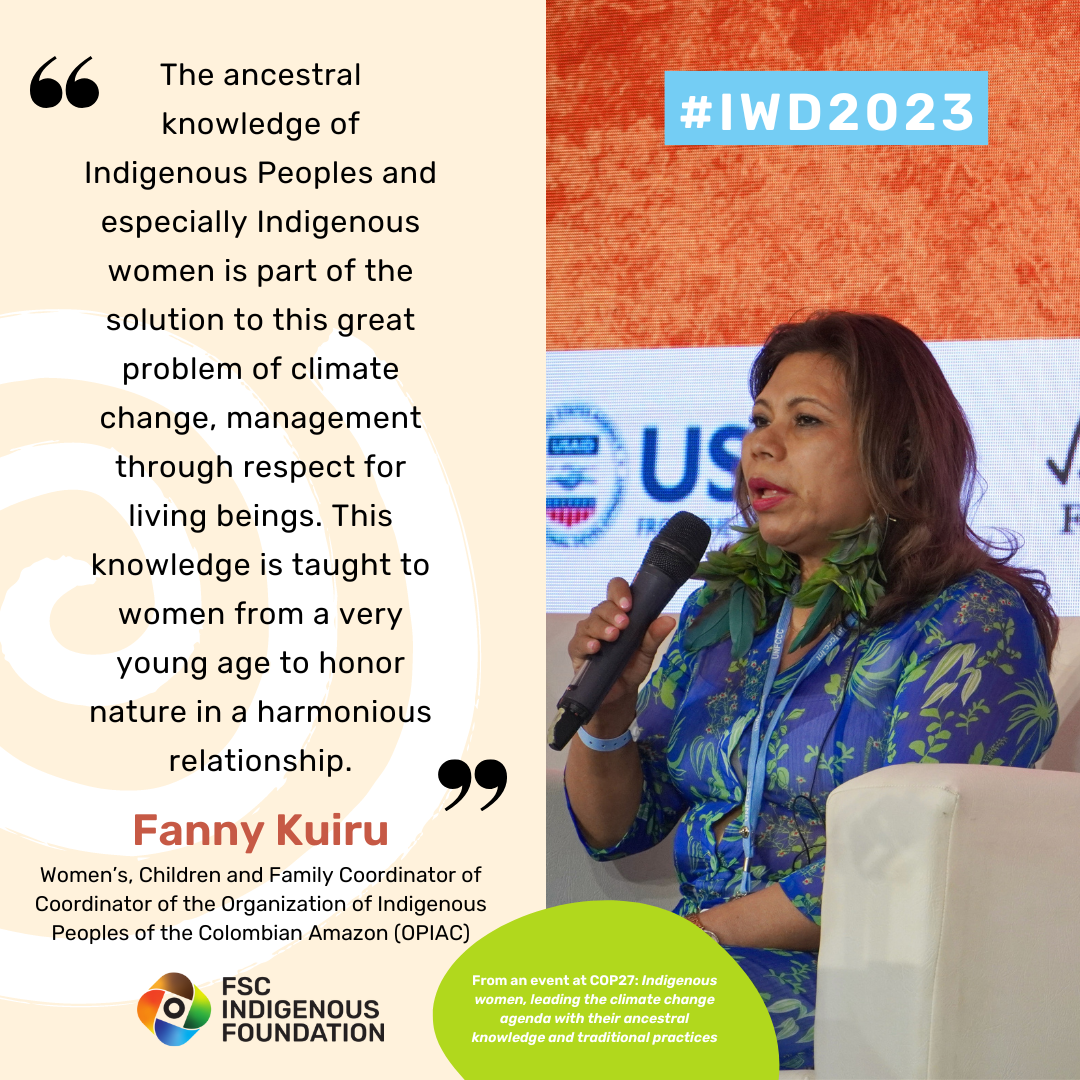Comarca Naso Tjër Di continues the revision of its Organic Charter in Drudi
The Organic Charter is fundamental to legalize and recognize Indigenous Peoples’ rights in a territory
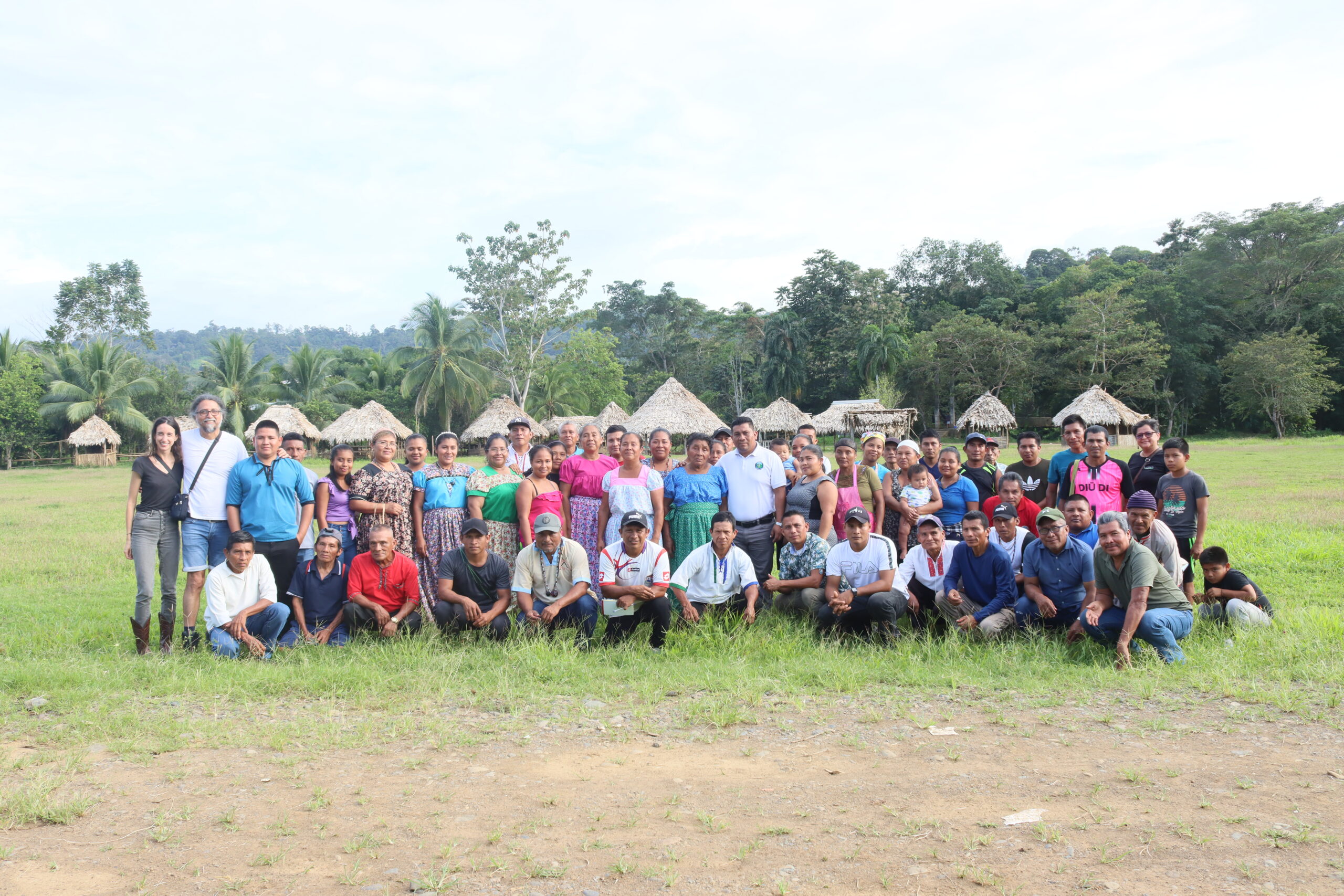
The project Strengthening of the Indigenous Agenda of Panama (FAIP for its initials in Spanish) concluded the elaboration of the Organic Charter of the Naso Tjër Di Comarca (territory) on February 21st in the community of Drudi.
This process of revising the articles of the Naso Organic Charter began last October in the community of Sieyllik, the capital of the comarca. At that time, the project’s technical team reviewed more than half of the articles that make up the official document.
The Organic Charter organizes the method to elect authorities, the geographical limits of the comarca, the cultural organization of the Naso people, land use regulation, and relations between state institutions, among other topics.
During the five days of the workshop, the technical team, traditional authorities, experts in Naso culture and history, and community representatives agreed on several points of the Naso constitution.
“For us, it is a new world to start writing the Organic Charter. We had no idea what the Organic Charter was, but after researching, we discovered that it is a statute where the laws that regulate the coexistence and social peace of the Naso region are located. When we were given this challenge, I did not know what I was going to face, but I believe that we assumed it with responsibility.”
Yeraldin Villagra, teacher in the Comarca Naso
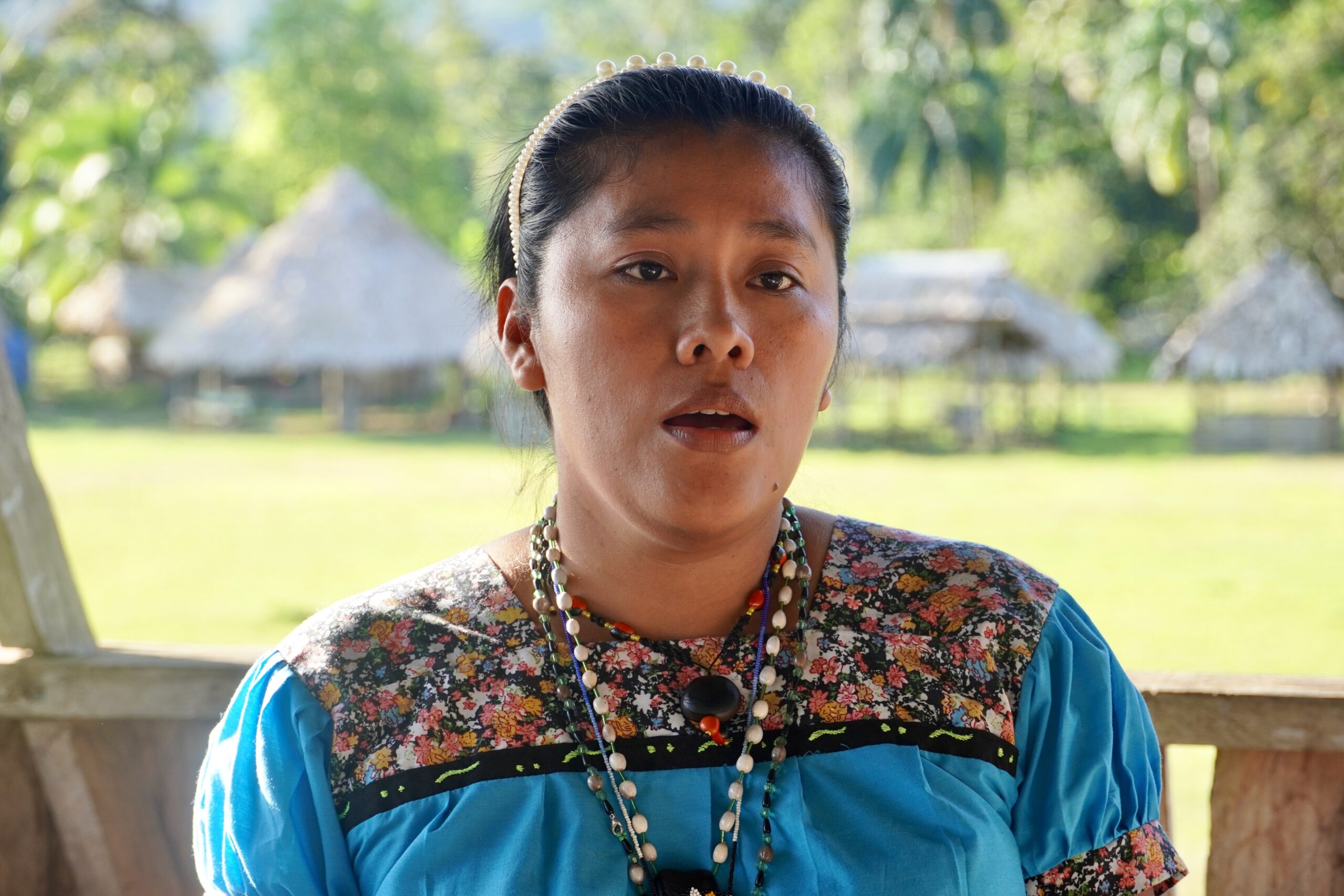
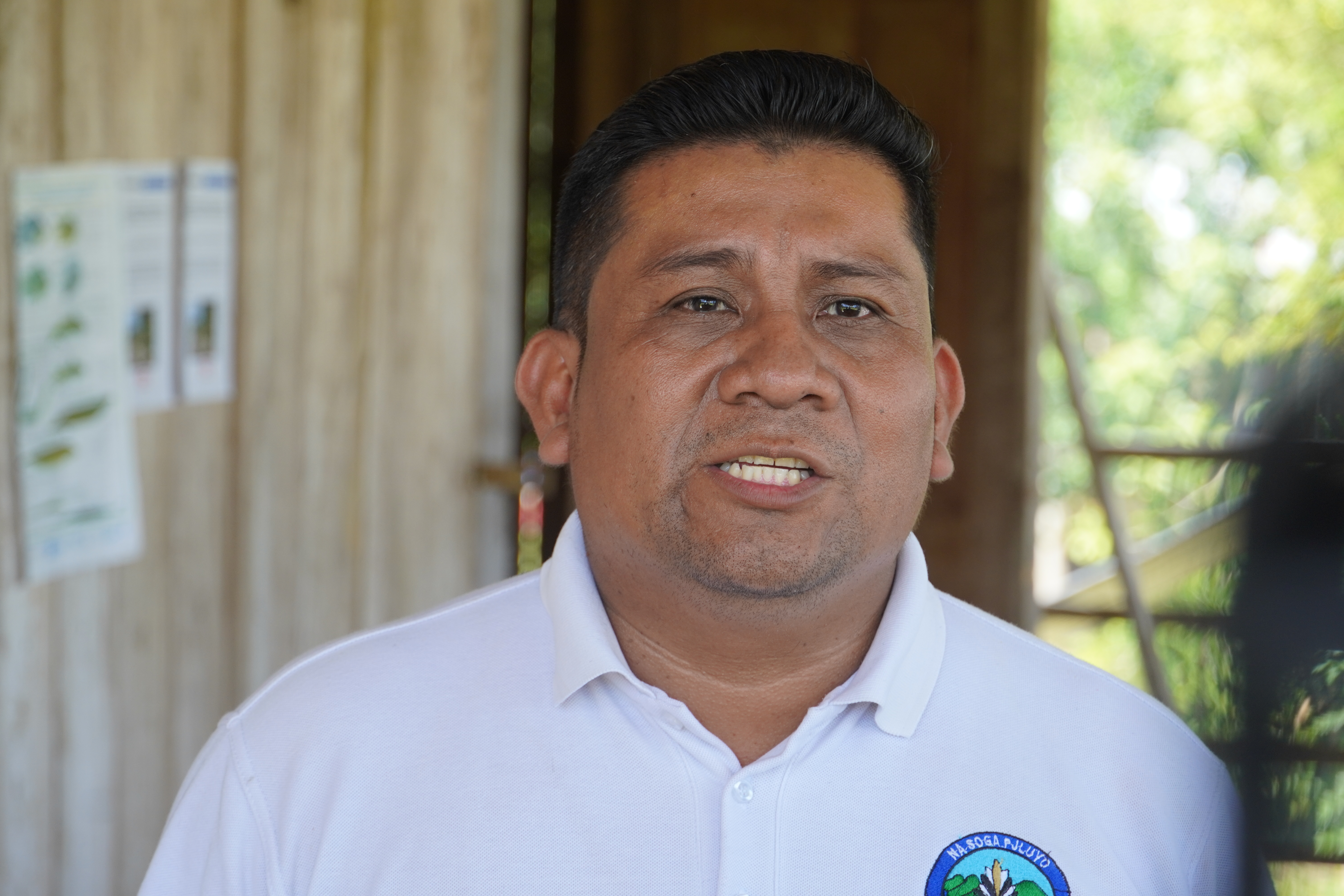
“We are securing our future generation so that we can conserve our identity and our natural resources.”
Reynaldo Alexis Santana, King of the Naso Comarca
FAIP is an inter-institutional and international effort that seeks to strengthen Indigenous governance in Panama through the elaboration and publication of Organic Charters of four Indigenous territories. We chose to use a methodology of workshops convened by the authorities and facilitated by a recognized expert in Indigenous Law, doctor in Peace, Conflict, and Democracy Alejandro Bonilla, where community members discuss various issues such as restorative justice, international law, and land systems.
About the community
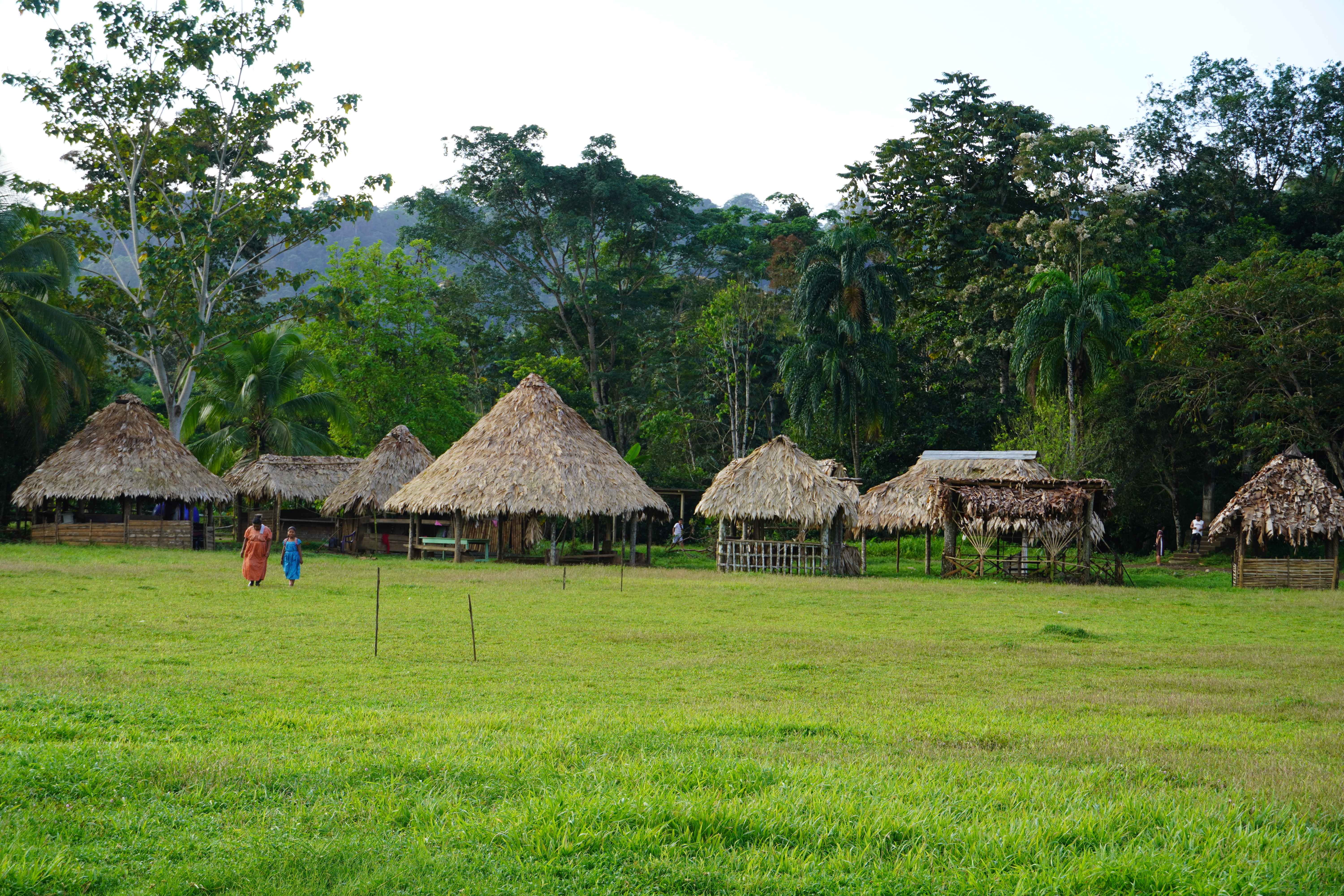
The community of Drudi is settled on a plain surrounded by mountains and the Ganadera Bocas Livestock Company, about 45 minutes from Changuinola through extensive pastures for cows and horses that were created by deforesting the province.
Drudi was the scene of years of struggles between the community and Ganadera Bocas. At its peak, around 200 uniformed men broke into Drudi and burned the 20 houses that made up the settlement. The residents went to Panama City and slept in Santa Ana Park waiting for a response from the government.
Today the Naso Tjër Di Comarca celebrates two and a half years of having been recognized by the State, when President Laurentino Cortizo signed the Law creating the comarca in December 2020 and returned sovereignty over their land to the Naso people.
FAIP is funded by USAID and the FSC, implemented by the FSC Indigenous Foundation, and framed within the Indigenous Peoples’ Alliance for Rights and Development (IPARD) Program, executed in coordination with the Mesoamerican Alliance of Peoples and Forests (AMPB), the Coordinating Committee of Territorial Women Leaders (CMLT) and the Association of Women Artisans of Ipetí – Emberá (AMARIE).
